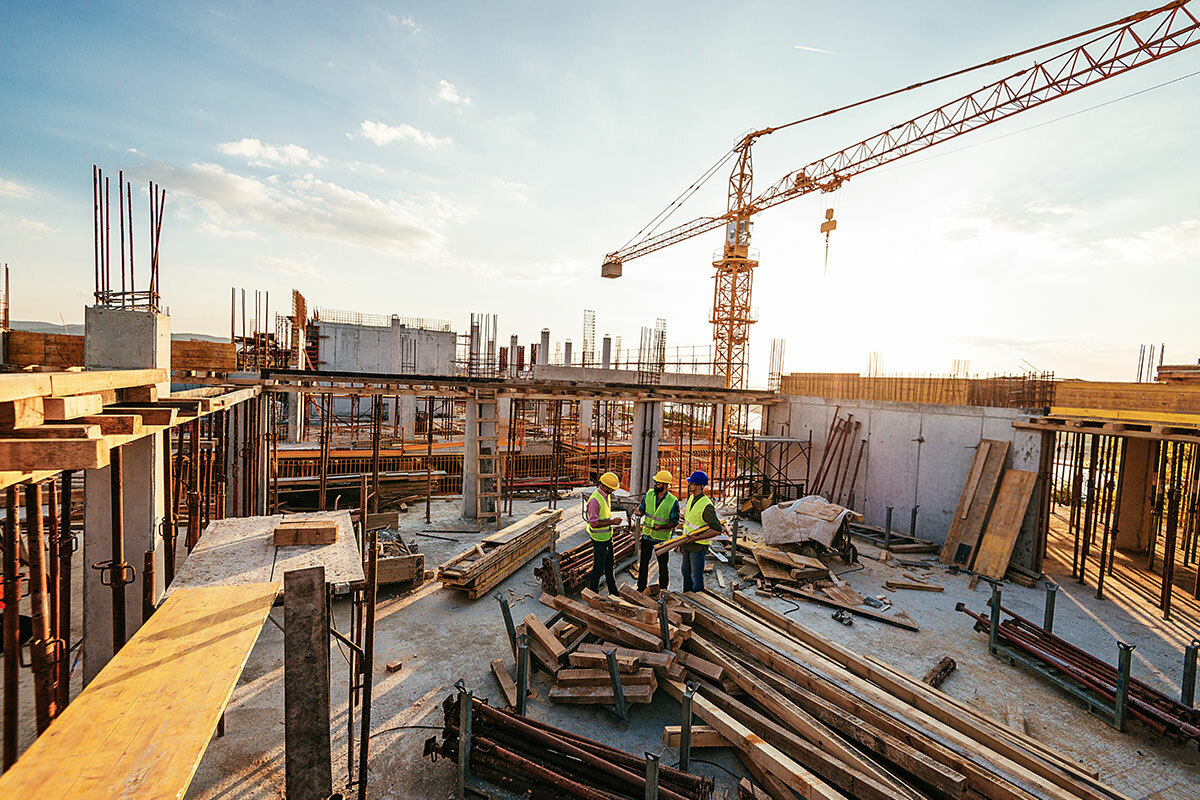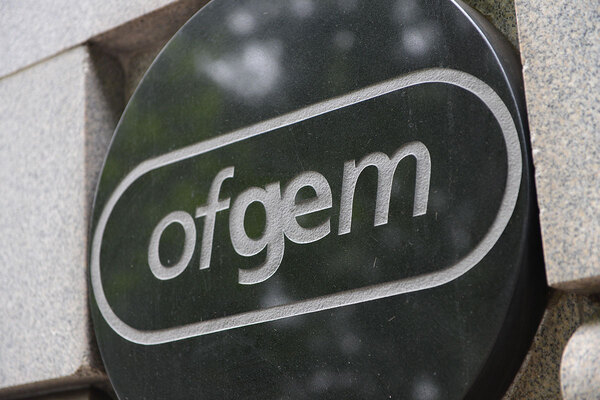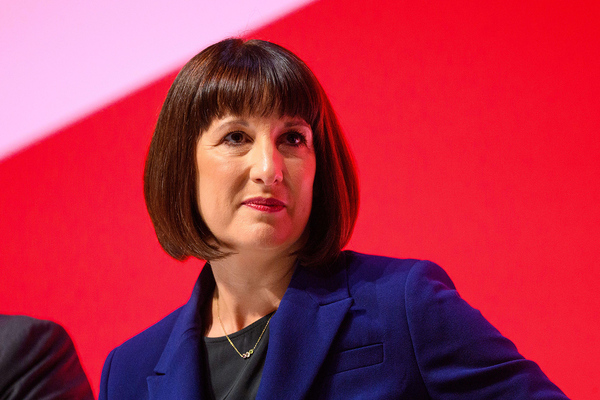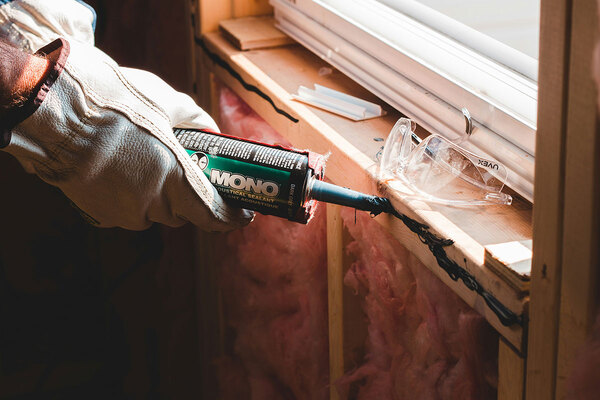You are viewing 1 of your 1 free articles
Building affordable housing must be at the heart of Scotland’s recovery
We can build back better with an ambitious plan for affordable housing at the heart of Scotland’s recovery. Fundamental to this is a commitment from all parties to building the 53,000 affordable homes the country needs, writes Sally Thomas
While there are many lessons to take from the coronavirus crisis, one surely has to be that it has shown just how important our homes are.
Somewhere safe, warm and affordable is not only important – it’s the foundation of a good life. Our homes have become the places where we are living, working, studying, educating our children, and trying to keep ourselves and our families safe and well.
Many of us have been lucky enough to live in circumstances in which we can do all this. But for many others it’s been impossible, and the health, financial and social effects of the crisis will have left them in real housing need.
Last month, the Scottish Federation of Housing Associations (SFHA), Shelter Scotland and CIH Scotland launched new research into housing need in Scotland between 2021 and 2026, and we are calling on the next Scottish government to commit to delivering 53,000 affordable homes, backed up by a capital investment programme of £3.4bn, over five years.
The report, Affordable Housing Need in Scotland Post-2021, found that increasing affordable housing supply levels from the current target of 50,000 homes over five years to 53,000 will help to address existing, as well as newly arising, need from 2021.
This academic study is a follow up to research produced five years ago which informed the Scottish government’s current programme. This is delivering the most affordable homes for a generation and was on track to achieve the 50,000 target, 35,000 of them for social rent, before the pandemic hit.
The Scottish government has to be given credit for this, and it is vital that this progress – and the ambition behind it – is maintained and not lost. We need to keep going – housing need is not finite, it’s like health, education and policing, we will always need it.
While the study was carried out before the pandemic, the effects of the coronavirus crisis mean that a commitment from all political parties to the new target is vital in order to help rebuild Scotland’s economy, create jobs and reinvigorate its communities.
Building affordable homes has many economic and social benefits. The Scottish government estimates that its current Affordable Housing Supply Programme will ultimately deliver 10,000 jobs in the construction and related industries and leverage economic output of £1.4bn per year.
Affordable homes also help to reduce poverty. In Scotland, one in five adults and one in four children live in poverty. In 2019, research by the Joseph Rowntree Foundation found that poverty levels are significantly lower here, compared with the rest of the UK, due to lower housing costs, particularly in the social rented sector.
Social rents in Scotland are also, on average, £100 cheaper per week compared to the private rented sector.
High-quality, warm affordable homes support good health and well-being. Meeting strict government targets means that homes in the social housing sector are the most energy efficient in Scotland, which contributes to the fight against fuel poverty. Our members are increasingly building using modern methods of construction which results in more energy efficient homes as well as reduced waste and carbon emissions.
One in four people will experience a mental health problem at some point in their lives, with housing issues often cited as a key factor – whether this is rent or mortgage payments, overcrowding or poor maintenance. Ensuring that everyone has a good-quality home that they can afford will help to alleviate this.
Our sector also provides homes that help to keep people living safely and well for longer – this is preventative spend. There are more than half a million people living with frailty in Scotland who can stay in their homes if they are affordable, accessible and fitted out for their needs – keeping them out of hospital. One recent study found that £1.4m spent on adaptations saved £5.3bn to the public purse.
“Investment in the social housing sector helps the government to meet its social, economic and environmental policy objectives”
We must also continue to do everything we can to end homelessness. Achieving this is conditional on two things: an affordable home and the support needed to sustain it. We can’t do this without providing more homes through not-for-profit organisations, Scotland’s housing associations and co-operatives, which will also ensure the support is there.
Then there is all of the community investment work that housing associations can do because government funding helps to support their building programmes. This work supports people and communities with training opportunities, social security and financial advice, getting online, breakfast clubs, and energy and fuel poverty services.
In short, investment in the social housing sector helps the government to meet its social, economic and environmental policy objectives in health and social care, poverty, an ageing population, employment and education, climate change and fuel poverty, and inclusive growth. Now more than ever, we need another transformative affordable housing programme to continue doing this.
Committing to this new target of 53,000 homes and building affordable housing must be at the heart of Scotland’s recovery from COVID-19, as part of a government and public sector-led approach, giving confidence to the full-scale economic renewal we are so desperately going to need.
We can never go back to business as usual. We can, and we will, build back better, with an ambitious plan for affordable housing at the heart of Scotland’s economic and social recovery.
Fundamental to this is a commitment from all political parties to building the 53,000 affordable homes the country needs. Nothing less will do. This will ensure everyone who needs a home has one as well as help to end homelessness and poverty and tackle climate change.
A home is the bedrock upon which all other individual, collective and national aspirations stand or fall. From where we grow and develop ourselves, our relationships and our lives.
Beyond all the politics, policies and programmes, the housing crisis we find ourselves in is a crisis of lost hope and lost dreams. Providing a safe, warm, affordable home for everyone will help to regain those hopes and dreams – for all of us.
We always knew our research was going to be important in making the case for sustaining investment in affordable housing in Scotland, but we would never have guessed just how vital it would be.
Sally Thomas, chief executive, Scottish Federation of Housing Associations












